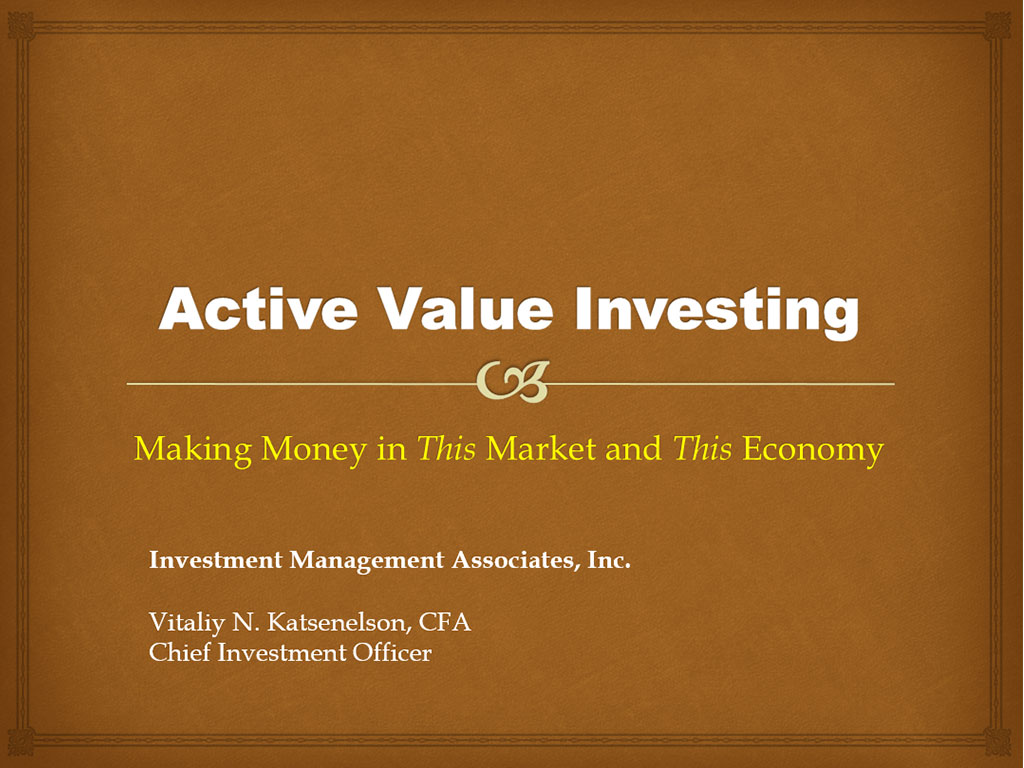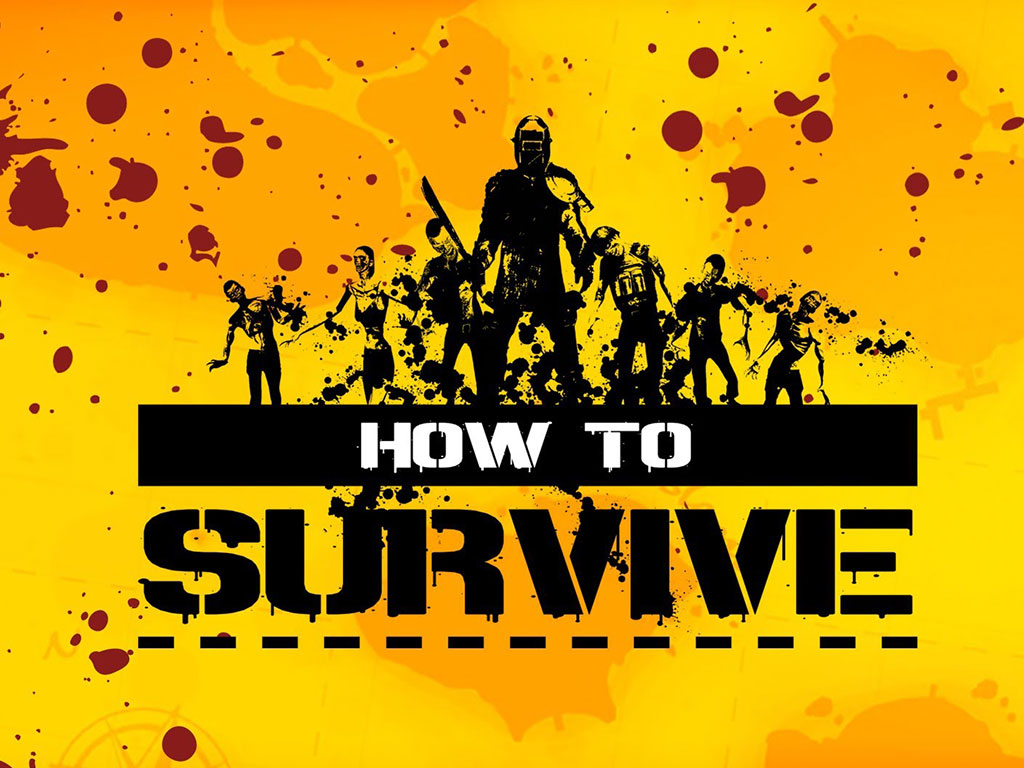I had an interesting conversation last week with a potential investor. I described my thoughts on the US economy, explaining that in our (my firm’s) view the current strength of the US economy is significantly boosted by steroids graciously provided by the US government in the form of stimulus. (I’ve written about it in this article). I explained that since stimulus exaggerates the true performance of our economy, we’ve positioned our portfolio through stock selection for a subdued, low-growth type of recovery.
Then I shared my concerns about the Chinese economy – it has tremendous overcapacity in the commercial and residential real estate and industrial sectors (see this presentation: “China – The Mother of All Black Swans”). As the Chinese economy painfully readjusts and chews through the excesses, Chinese demand for industrial, energy, and commodity goods will be significantly lower. Thus in our portfolios we have reduced our exposure to these sectors.
And finally, I explained our views on Japan. As you’ll see from charts in the attached presentation (“Japan – Past the Point of No Return”), Japan has an enormous amount of debt (second only to Zimbabwe), a stagnating economy, and the oldest population in the world (this explains why the savings rate has declined from the teens towards zero). These factors will lead to significantly higher interest rates.
As an unbiased analyst it is hard to come to any other conclusion about Japan, and I am going to put it lightly: Japan is screwed! As a consequence, we believe higher interest rates globally are unavoidable, as Japan, now the largest foreign holder of the US Treasuries (together with China, the second largest holder), turns from buyer of Treasuries to net seller. So in our portfolio we are making sure that our companies have strong balance sheets and/or significant free cash flows to pay off debt, if (more likely when) interest rates rise.
With every country mentioned the potential investor got paler and paler; and before I got to the EU, a union that was created, as my friend John Mauldin put it, for prosperity not adversity, he exclaimed, “You are Dr. Doom!”
I don’t have a PhD, thus I can only be called Mr. Doom – but I am not that either. A joke told by Warren Buffett comes to mind: a patient, after hearing from a doctor that he has cancer, tells the doctor, “Doc, I don’t have enough money for the surgery, but maybe could I pay you to touch up the x-ray?” Hope and self-deception are not a strategy. I analyze and accept the conclusions of my analysis, no matter how painful they may be, and adjust my actions according to my findings. I am neither a pessimist nor an optimist, I am a realist. So at my firm we look at risks and constantly ask ourselves: What can we do to avoid them (or benefit from them) in our clients’ portfolios? So don’t call me Mr. Doom, call me Mr. Realist.









0 comments